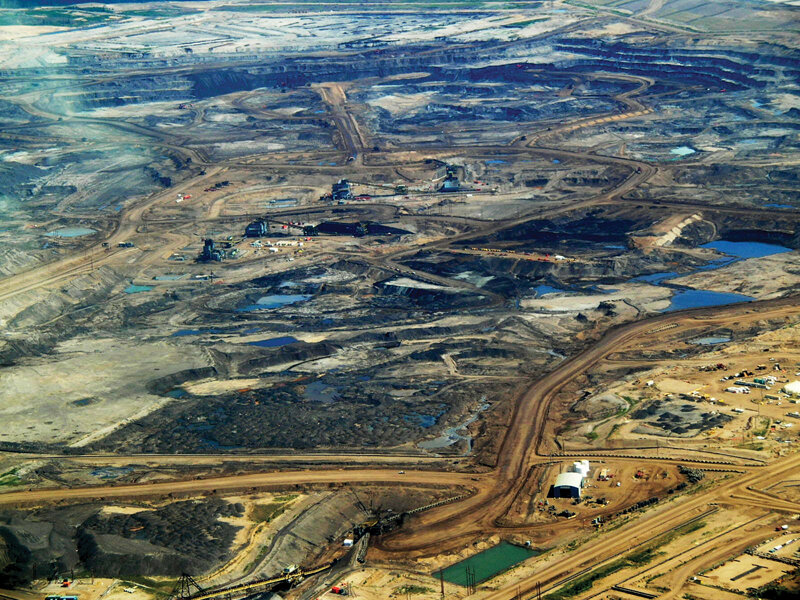Keystone XL Canceled: Is This A Precedent for Biden’s Environmental Policy?
In the stack of executive orders signed by Joe Biden on his first day as number 46, the developers of the Keystone XL pipeline saw their permits revoked. How will this action impact the future of the project and what does it say about Biden’s environmental policy?
Why are we still talking about Keystone XL?
In 2011, the Keystone XL pipeline became a national controversy when protestors gathered at the White House. Among them were Indigenous leaders, religious figures, climate scientists, landowners, and environmentalists.
The KXL pipeline would be used to transport tar sand crude oil from oil fields in Alberta to refineries on the Texas coast. Tar sand crude oil releases up to 20% more greenhouse gas emissions than other crude oils. It is also more corrosive, which means pipeline leaks are not uncommon. These leaks are hazardous for the natural ecosystem and human communities. Supporters of the pipeline argue that it would create up to 60,000 direct and indirect jobs in the US and Canada.
After much hand wringing, Obama rejected the plans for the pipeline in 2015. But in 2017, Donald Trump brought the project back to life, not only reinstating the permits, but also clearing the way for developers by loosening regulations. Now, Joe Biden has once again revoked the permits, blocking construction.
The KXL pipeline would create a shortcut of the existing pipeline from Alberta to Nebraska, cutting through Indigenous and protected lands
What has Biden’s action accomplished?
By putting a stop to pipeline construction, Biden has drawn enormous public support but also enormous criticism, from both sides of the aisle. Rural counties, like Valley County in Montana, were counting on the tax revenue generated by the pipeline. Further, investors on the Canadian side of the project are disappointed and pushing for consequences. The province of Alberta invested more than $1.5 billion in the project, and is calling for consequences.
Joe Biden’s swift action to stop construction of the KXL pipeline indicates his campaign commitment of taking climate change seriously. Hopefully he will act ambitiously; he is up against a lot. Keystone XL is only one of several contested pipeline projects in the US today, like the Dakota Access and Line 3 pipelines. Only time will tell if he will continue to make policy steps forward to protect the environment.
What does this mean for the Earth Law Center?
Leaders, activists and communities are listening to see how much action Biden is willing to take against climate change. Biden has the power to create federal programs that would fund institutional and frontline action to better preserve our planet. Will he use it?
At Earth Law Center, we hope to see the rise of a new generation of law that recognizes the interconnectedness between humans and Nature and our responsibility to protect and defend Nature.
To this end, we provide frontline support to the very same communities standing up against projects like the KXL. new generation of law that recognizes the interconnectedness between humans and Nature and our responsibility to protect and defend Nature.
Get involved by volunteering for us, donating, or even subscribing to our newsletter . We’re counting on you!


